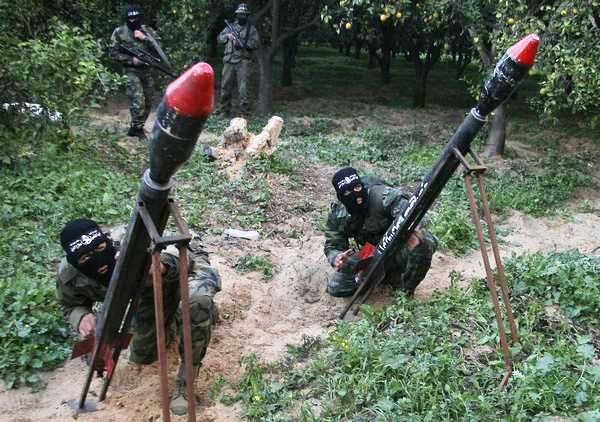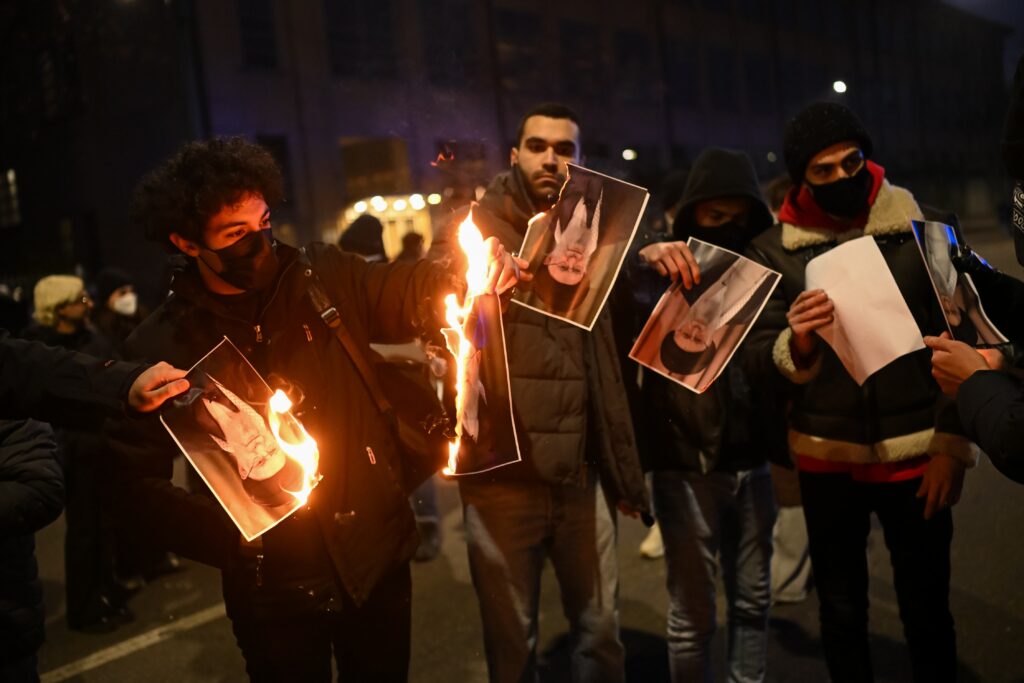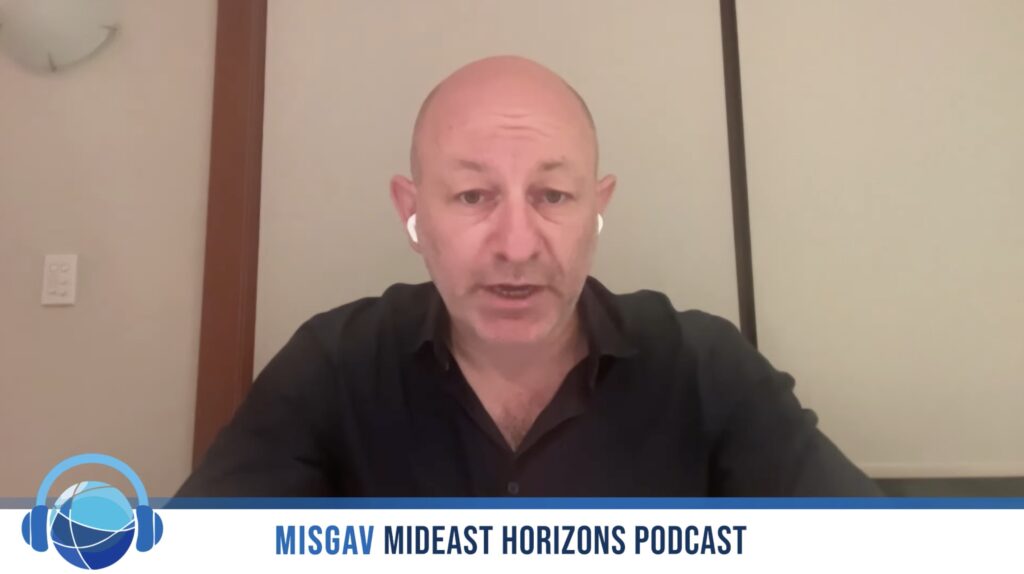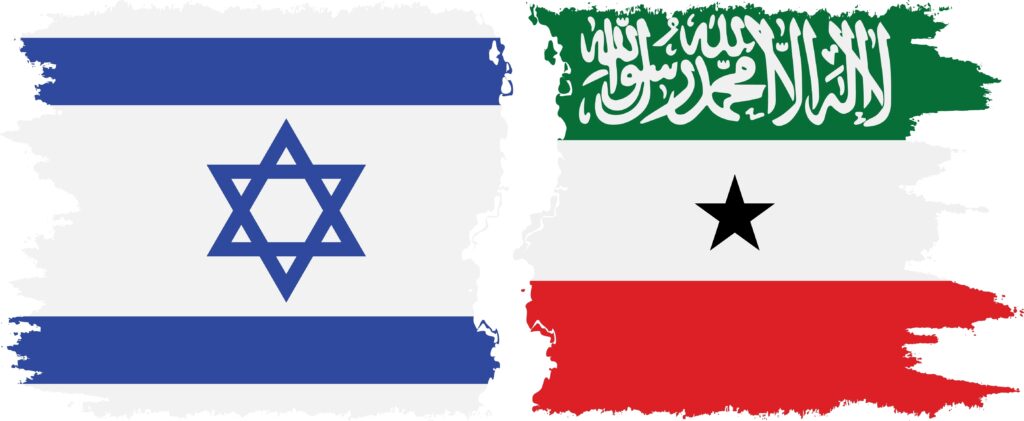UPDATES
Why Hamas does not want Gazans to heed Israel warnings
July 18, 2014 | Robert Ellenhorn

While many Hamas, Islamic Jihad, and other terror groups seek shelter in a network of fortified underground tunnels, the civilian population of Gaza is denied access to this shelter and is instead being encouraged to act as human shields against Israeli airstrikes intended to target terror infrastructure intentionally embedded in civilian areas.
Meanwhile, Hamas has launched over a thousand rockets at Israeli civilians, attempted sea and underground infiltrations into Israel, and launched drones – all with limited success. On Tuesday, Hamas’ leaders – many abroad in Qatar – emphatically rejected an Egyptian proposed ceasefire backed by the UN, EU, Arab League, the Palestinian Authority (PA) and accepted by Israel.
In an attempt to minimise civilian casualties, Israel has taken measures to warn civilians of where airstrikes will take place. Telephone calls, text messages, pamphlets, as well as the “knock on the roof” warning – where Israel first hits a target with an unarmed missile – have all been used in an effort to limit civilian casualties.
However, Hamas has been actively encouraging civilians to ignore these warnings in order to serve as human shields. The group has instructed civilians to disregard IDF warnings and to go on the roof of buildings to be targeted in order to deter Israeli attacks.
In addition, Hamas has ordered residents to stay put rather than follow IDF requests to evacuate areas in which rocket launchers and other terror infrastructure are located. The Hamas Minister of the Interior spokesman’s Facebook page said:
“[Israel] has been sending tens of thousands of voice messages to citizens’ phones… asking them to evacuate their homes by a certain time…There is no reason to be concerned by them or pay attention to them and by no means should they be heeded.”
The encouragement of a policy that intentionally endangers innocents raises a few questions. Why does Hamas put its people in harm’s way? What does it have to gain from such a policy? Why does it refuse to accept a ceasefire that will end fighting – something Israel has sought from the start?
The answer to the first question can be found in statements made by Hamas spokesperson Sami Abu Zuhri. In a recent statement he described the view held by those in Hamas that civilian casualties are something that “glorifies the nation”. Meanwhile he dismissed those concerned about the deaths of innocents as “defeatists”, stating:
“The resistance (i.e., Hamas) is truly glorifying our people and our nation. We are paying a price, but we remember our brothers in Algeria, who had at least a million and half Martyrs… In 1945, in a single day in Algeria, 45,000 Algerians died. In a single day. It wasn’t described in Algeria’s history as forsaking the blood of the Algerians, as some defeatists are describing today the number of Martyrs as ‘trading with Palestinian blood and forsaking Palestinian blood’…”
The dismissal of those in Palestinian society who question the “number of martyrs” as defeatists – a swipe at Palestinian Authority President Mahmoud Abbas who also asked “What are you trying to achieve by sending rockets?” – is indicative of a deeply held belief that preventing civilian death should not be a factor in Hamas’ decision making.
Conversely, the answer to the second question – of what Hamas has to gain from such a policy – may in fact lie in the belief that civilian deaths will be a factor in other’s decision making.
In order to understand why Hamas refuses to accept a ceasefire despite all evidence that points to Hamas’ attacks being both ineffective and unsupported by most – a little context is necessary.
Hamas has found itself in tough times. It has lost friends and been economically crippled as of late. The Gazan government lost its best friend when Morsi’s Muslim Brotherhood government in Egypt was ousted and replaced by Abdel Fatah Al-Sisi’s military government – leading to the closure of many smuggling tunnels. With the closure of these tunnels, Hamas lost a prime source of its economic livelihood. This loss was compounded by Hamas falling out with its primary arms supplier Iran, over its refusal to support Bashar Al-Assad’s regime in Syria. These hardships are what many analysts speculate were a driving factor in Hamas’ decision to reconcile with the West Bank government of Fatah.
However, despite reconciliation, Hamas still found itself in low esteem amongst most of the world (most importantly Egypt) and much of Palestinian society. Lacking a way out of such a conundrum, Hamas opted to try its hand at garnering support and sympathy by starting a war it knows it can’t possibly win militarily. So what benefits does Hamas think this will bring it?
The Washington Post -in a spot on editorial – attempts to explain Hamas’ thinking:
“Why would Hamas insist on continuing the fight when it is faring so poorly? The only plausible answer is stomach-turning: The Islamic movement calculates that it can win the concessions it has yet to obtain from Israel and Egypt not by striking Israel but by perpetuating the killing of its own people in Israeli counterattacks. More than 200 people, including a number of children, have already died in Gaza; Hamas probably calculates that more deaths will prompt Western governments to pressure Israel to grant Hamas’s demands.”
The situation for the people of Gaza is heart breaking. Ever since Hamas took control of Gaza in 2007, it has elected to pursue its self-interested political ambitions, with the rigid belief that they must be achieved through war – at the expense of its people’s blood.
In a quote that sums up Hamas’ tragically backward priorities of causing Israeli civilians harm first and foremost and relegating the welfare of its people to an afterthought, a Hamas commander said: “Thousands of people paid with their lives so that we and our people can see this day – the day Israeli leaders stood before their nation to say: ‘Sorry, Tel Aviv was hit’.” (Of course, its a lie – Tel Aviv has yet to suffer any significant damage from the Hamas rockets, thanks largely to the Iron Dome system.)
This is the sad, bloody, and heart-wrenching truth of Gaza.
Robert Ellenhorn
Tags: Palestinians





